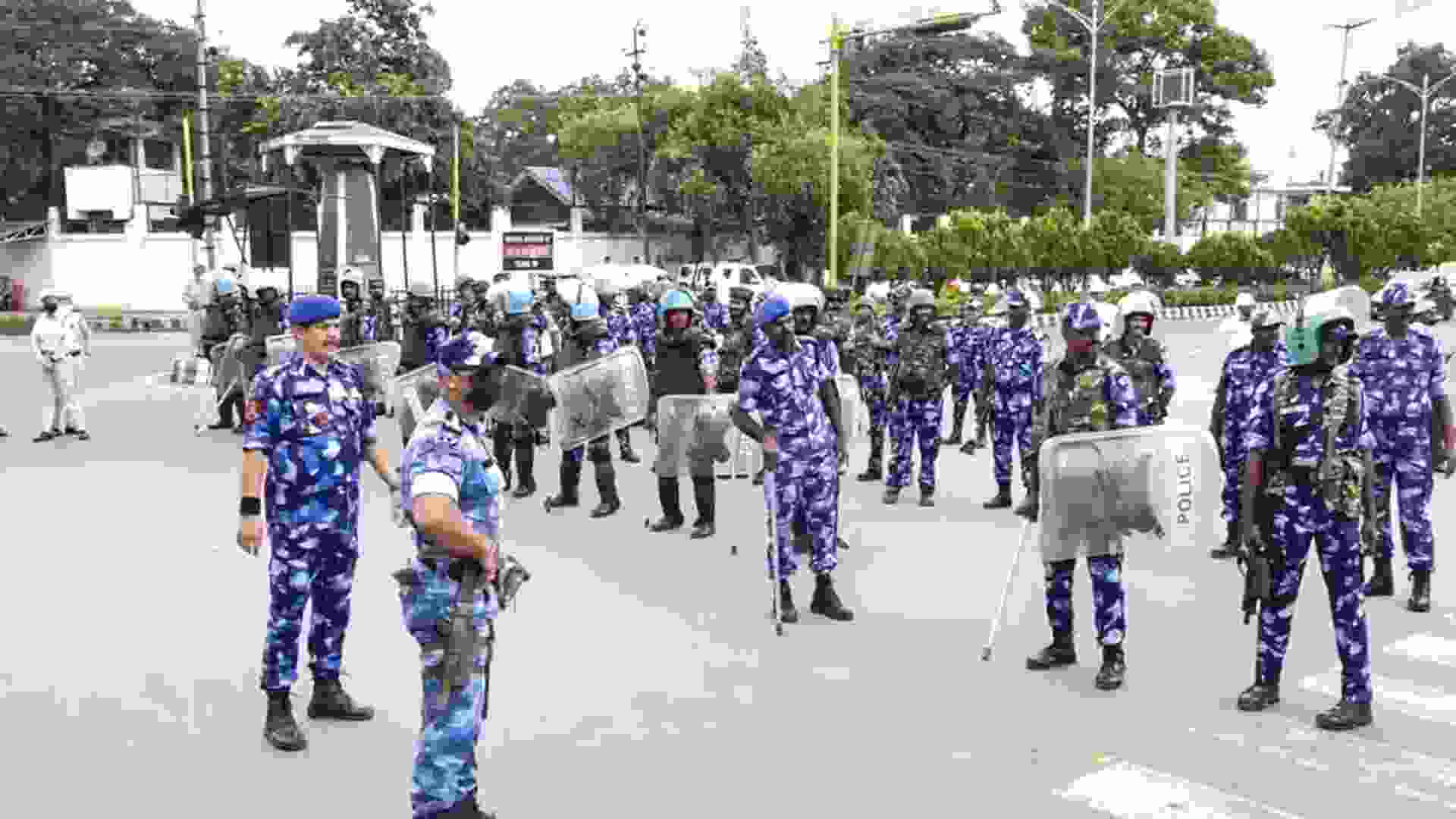
White-collar crime continues to remain prevalent across global economies. The dynamics and trends of white-collar crime are constantly adapting to the changes in technology and laws. In the last decade, smaller-scale, more opportunistic crimes have been added to the known large-scale, complex scams. The former is primarily committed by individuals who gained power and authority through their position, partly due to increasing regulation placed on businesses and professionals. Another factor is India’s growing economy. As spending power of people increases, so do opportunities for criminals to engage in opportunistic white-collar crimes.
White-collar crimes can be described as non-violent deceptive crimes for the purpose of financial gain.
Since white-collar crimes are often committed through sophisticated means, e.g. financial transactions or complex/layered business deals, they are complex and difficult to prosecute. Additionally, white-collar criminals are often well-educated, with extensive knowledge of the law. This helps them conceal their criminal activities.
Under the Umbrella
Some common types of white-collar crimes include:
• Loan Fraud: Illegal methods to divert or steal assets financed by or loans sanctioned by financial institutions. This includes investees using private equity investment for personal lifestyle enhancement.
• Financial Fraud: Misstatements to inflate share prices or evade GST/tax payments.
• Corrupt Practices: Any form of kickbacks, commissions, or unethical payments. It is a crime whether someone offers or accepts a bribe. Non-disclosure of conflict of interest may be included here.
• Cyber Fraud: Hacking, stealing digital information, cyber espionage, technological processes, and, last but not least, proprietary data.
• Insider Trading: Using confidential information to trade in shares of listed entities.
• Money Laundering: Concealing the origin of illegally obtained money or tax saving methods.
Reasons for Growth
Some offenders convince themselves that their actions are not crimes, as the acts do not involve physical violence. Some claim that the law does not account for realities of market competition to justify their criminal behaviour.
Criminal groups have more opportunities for growth due to the introduction of cutting-edge technology, expanding industries, and political pressures. A flourishing economy, coupled with technology advancements like the Internet and quick money transfer systems, makes it difficult to locate and investigate these crimes.
While the nature of the crime differs from traditional crimes, people rarely understand how they could be victims. White-collar crimes are committed out of greed. In some cases, people commit white-collar crimes in order to satisfy their ego or support their families. As a result, white-collar crime often goes unpunished, which can lead to a sense of impunity among those who commit these crimes. Usually, these crimes have no eyewitnesses.
The Legal Position in India
Despite the challenges of prosecuting white-collar crime, regulators and law enforcement officials continue to enhance and devise taking steps to crack down on these offenses. There has been an increased focus on investigating and prosecuting white-collar crimes, having serious consequences for the victims, such as job loss, financial instability, and even bankruptcy.
The Government of India has enacted several regulatory laws to control white-collar crime. The Essential Commodities Act 1955, the Industrial (Development and Regulation) Act, 1951, The Import and Exports (Control) Act, 1947, the Foreign Exchange (Regulation) Act, 1974, Companies Act, 1956, Prevention of Money Laundering Act, 2002 are a few of these laws. Any violation of the rules outlined in these Acts constitutes a white-collar crime and will result in sanctions.
In 1964 the Santharam Committee was formed to check on corruption. The report of the Committee stated that industrialists, people in business, and government officers are responsible for most white-collar crimes in India. The Committee further observed that corruption could not be eliminated or reduced unless preventive measures were taken and implemented in a proper manner. Administrative, legal, social, economic, and educational actions must all be included in preventative measures. In 1964, the then-Central Government established the Central Vigilance Commission (CVC) in response to the recommendations.
Furthermore, to tackle crime related to computers and technology, the Information Technology Act, of 2000 has been enacted. The aim is to regulate and authenticate the information exchanged while conducting commercial transactions. This Act also contains penalties in the scenario where the unauthorized data is downloaded, assessed, copied, or the sensitive information related to such data is passed on to third parties.
Ideas to curb white-collar Crime
Awareness: Increased awareness is critical to prevent white-collar crime. Everyone, including business employers, employees, and consumers, should be made aware of the warning signs of white-collar crime and how to protect themselves.
Training/Teaching: Businesses can take steps to prevent white-collar crime. This includes implementing policies and procedures to deter criminal activity, monitoring employee activity, and providing ethics training on identifying and reporting suspicious behavior. People can make better decisions when they understand its implications. Therefore, training that involves human interaction regarding integrity and ethics is important.
White-collar crime can have a devastating impact on the economy (e.g., increasing NPAs lead to higher loan interest rates for consumers). Regulators and enforcement bodies should continue to have the support and ability (resources and capabilities) to train, retrain and equip themselves to stay ahead of the elusive white-collar criminal.
Deepak Bhawnani is the founder and CEO, Alea Consulting















